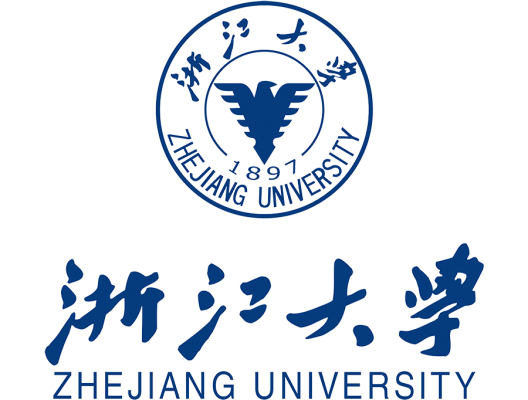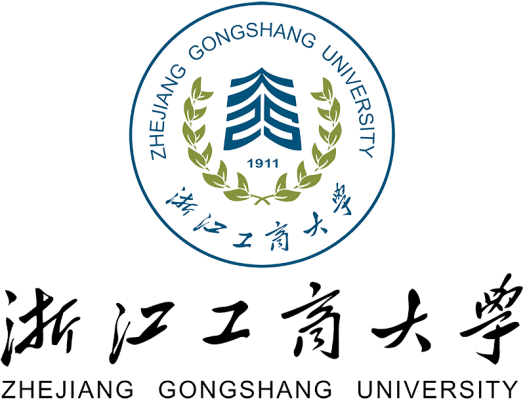IEEE ICCC 2024 Workshop on
Channel Knowledge Map for Environment-Aware Communications and Sensing
Hangzhou, China|7-9 August 2024
ORGANIZING COMMITTEE
Junting Chen, The Chinese University of Hong Kong, Shenzhen, China , juntingc@cuhk.edu.cn
Yong Zeng, Southeast University, China , yong_zeng@seu.edu.cn
Jie Xu, The Chinese University of Hong Kong, Shenzhen, China , xujie@cuhk.edu.cn
Derrick Wing Kwan Ng, University of New South Wales, Australia , w.k.ng@unsw.edu.au
Omid Esrafilian, EURECOM, France , omid.esrafilian@eurecom.fr
Yan Chen, Huawei Technologies, China , bigbird.chenyan@huawei.com
STEERING COMMITTEE
Xiaohu You, Southeast University, China , xhyu@seu.edu.cn
Rui Zhang, The Chinese University of Hong Kong, Shenzhen, China , rzhang@cuhk.edu.cn
Robert Schober, Friedrich-Alexander-University Erlangen-Nuremberg, Germany , robert.schober@fau.de
Shi Jin, Southeast University, China , jinshi@seu.edu.cn
SCOPE AND MOTIVATION
The emerging wireless technologies and the evolution of network architecture have imposed significant challenges in system optimization due to the increasingly large parameter space involved in the radio propagation environment. These challenges render it necessary for future wireless networks to be aware of the wireless environment, which enables a new paradigm to gather the knowledge of the propagation environment. With the rapid development of Internet of Things (IoT), big data, and artificial intelligence (AI) that dramatically enhance the sensing capability of wireless networks, channel knowledge maps (CKMs), or similar concepts like radio maps, radio environment maps, fingerprinting, or channel charting, provide a methodology to organize the channel information into geolocation-based databases that capture the key features of the wireless environment, such as path loss, shadowing, beamspace parameters, angle-of-arrival (AoA), angle-of-departure (AoD), and path delays.
CKMs, or similar concepts, find various applications in environment-aware communications and sensing. For example, CKMs may assist trajectory optimization and placement of unmanned aerial vehicles (UAVs) as aerial access points, enhance real-time channel estimation and beam alignment for massive MIMO and RIS communications, and enable efficient resource allocation in large networks, including spectrum sharing for cognitive radio, coverage optimization, interference mitigation, wireless localization and tracking, and predictive communications. In addition, CKMs may provide domain knowledge and scene information for AI-empowered communications and sensing, and serve as an essential component to create digital replica of the wireless propagation environment in digital twins.
CKM construction and application for environment-aware communications and sensing requires novel environment-aware channel modeling, new signal processing and machine learning techniques, and advanced theories for joint sensing and communication for environment-aware networks. This workshop aims to bring together academic researchers, industrial practitioners, and individuals working on this emerging exciting research area to share their new ideas, latest findings, and results.
TOPICS OF INTEREST
- Environment-aware channel measurement and modeling
- Signal processing and machine learning for CKM construction and environment sensing
- AI-enabled CKM construction and environment-aware communications
- Distributed learning for CKM and environment-aware networks: federated learning, edge learning, crowd sourcing, etc.
- Environment-aware positioning/sensing with CKM
- Positioning/sensing for environment-aware wireless networks
- Integrated sensing and communication (ISAC) for environment-aware wireless networks
- Environment-aware channel prediction and inference with CKM
- Predictive communications with CKM
- Environment-aware beamforming and resource allocation
- CKM and environment-aware IRS/RIS and massive MIMO technologies
- CKM and environment-aware millimeter-wave and THz communications
- Environment-aware network management, interference mitigation, and multiple access schemes
- Cyber security, physical-layer security, and privacy for environment-aware networks
- Network architectures and communication protocols for environment-aware wireless networks
- Experiments and test-beds for CKM and environment-aware networks
- Performance evaluation for CKM construction
- CKM and environment-aware techniques in emerging wireless networks, e.g., UAV, autonomous driving, robotic and industrial autonomous, virtual reality, and holographic communications
- Digital/channel twins for CKM construction and environment-aware communication and sensing
KEYNOTE SPEAKERS
Andreas F. Molisch, Pathloss prediction maps - principles, state of the art, and future research directions, University of Southern California, USA.
Cheng-Xiang Wang, Modeling of 6G/B6G 3D Continuous-Space Radio Channels Enabled by Electromagnetic Information Theory, Southeast University, China.
IMPORTANT DATES
Deadline for paper submission: 1 June 2024
Date for notification: 15 June 2024
Deadline for final paper submission: 1 July 2024
SUBMISSION INSTRUCTIONS
All papers for workshop should be submitted via EDAS through the following link: https://edas.info/newPaper.php?c=32115














